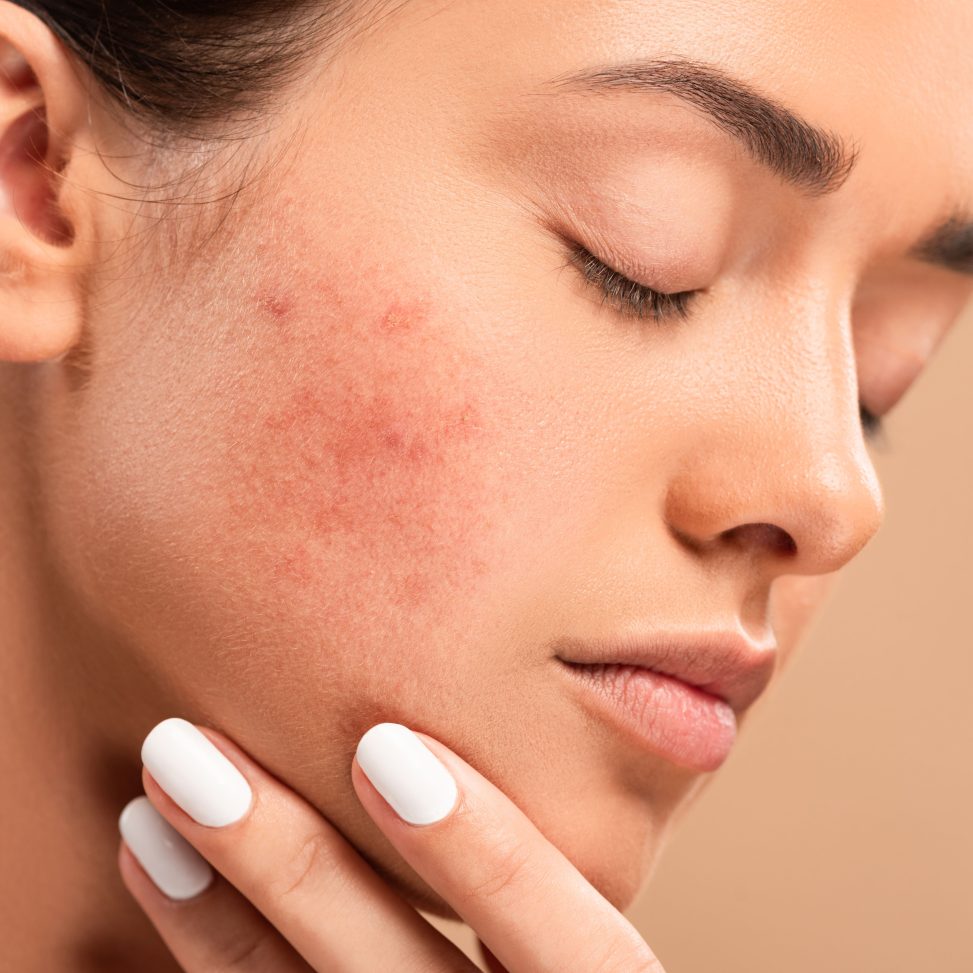Can Acne Scars Be Completely Removed?
Acne scars can be a distressing reminder of skin imperfections that many individuals wish to erase. Thankfully, with advancements in dermatological treatments, effective Acne Scar Treatment Dubai Silicon Oasis is now more accessible than ever. This blog aims to provide a comprehensive overview of acne scars, the various treatment options available, and what you can expect from the process.
What Are Acne Scars?
Acne scars are the result of inflammation caused by acne lesions. When the skin undergoes trauma from cystic acne or severe breakouts, the healing process can lead to uneven skin texture and pigmentation changes. There are several types of acne scars, each requiring different approaches for treatment.
Types of Acne Scars
- Atrophic Scars: These are depressed scars that occur when the skin loses collagen during the healing process.
- Hypertrophic Scars: These raised scars occur when the skin produces too much collagen.
- Ice Pick Scars: Narrow, deep scars that resemble tiny indentations.
- Boxcar Scars: Broad and shallow scars that create a small depression in the skin.

Factors Influencing Acne Scar Treatment
Several factors influence how well acne scars respond to treatment. These include:
- Skin Type: Different skin types react variably to treatments, necessitating personalized care.
- Severity of Scarring: The depth and type of scars can affect the choice of treatment.
- Age and Skin Health: Younger skin typically regenerates faster, while older skin may need more intensive treatments.
Addressing these factors with a qualified dermatologist can lead to enhanced results.
Common Treatment Options for Acne Scars
There are several effective treatment options available for acne scars. Below is an overview of the most popular choices.
Laser Therapy
Laser treatments are one of the most effective methods for improving the appearance of acne scars. This technique works by using concentrated light to target scar tissue and stimulate collagen production, which in turn aids in skin regeneration.
Types of Laser TreatmentsAblative Lasers: These lasers remove the outer layer of skin, allowing fresh skin to emerge. While they often yield quicker results, they may require longer recovery times.
Non-ablative Lasers: These are less invasive and penetrate deeper skin layers without damaging the surface, making them suitable for more sensitive skin types.
Chemical Peels
Chemical peels use acidic solutions to exfoliate the skin’s surface, encouraging new skin growth and reducing the appearance of scars. The effectiveness of this treatment can vary depending on the peel's depth.
Levels of Chemical PeelsLight Peels: Help improve skin texture with minimal downtime.
Medium Peels: Penetrate more deeply for enhanced results.
Deep Peels: Provide significant improvement but may require substantial recovery time.
Microneedling
Microneedling involves using fine needles to create micro-injuries in the skin, which triggers the body's healing response and stimulates collagen and elastin production. This treatment is versatile and often combined with serums or growth factors for added benefits.
Dermal Fillers
For certain types of scars, particularly those that are depressed, dermal fillers can be injected to elevate the skin and improve texture. The results are often immediate, making this a popular option for individuals seeking quick fixes.
Subcision
Subcision is a minimally invasive procedure wherein a needle is inserted beneath the scar to break the fibrous tissue pulling the skin down. This type of treatment can help elevate depressed scars and improve overall skin texture.
What to Expect During Your Treatment
Once you’ve decided on a treatment path, it's essential to know what to expect during and after the procedure.
Pre-Treatment Consultation
A consultation with a qualified professional is crucial to assess your skin, discuss your goals, and customize a treatment plan. Expect to go over your medical history, skin type, and treatment expectations during this phase.
Treatment Sessions
The number of sessions required will vary based on the treatment type and the severity of your scarring. Most treatments are not overly invasive, but you may experience some discomfort during the process.
Post-Treatment Care
After any procedure, you will likely need to follow specific aftercare guidelines to ensure optimal healing. This may include avoiding sun exposure, using gentle products, and keeping the skin moisturized.
Can Acne Scars Be Completely Removed?
This question is frequently asked by individuals seeking treatment. While significant improvement is often achievable, complete removal of acne scars may not always be possible. The effectiveness of treatment depends on various factors, including the type of scars and the underlying structure of your skin. Many people experience substantial reduction in the visibility of their scars, leading to increased confidence and improved skin texture.
The Importance of Maintenance
Maintaining the results of your treatment is vital for long-term success. Following your dermatologist’s advice on ongoing skincare and possible additional treatments can help sustain your skin’s improvement. Regular follow-ups can also help identify any new treatments that may benefit you in the future.
Lifestyle Tips for Better Skin Health
While treatments can significantly improve the appearance of acne scars, maintaining healthy skin is crucial for long-lasting effects. Here are a few tips that can help:
- Establish a Consistent Skincare Routine: Cleansing, moisturizing, and protecting your skin can aid in recovery and prevent further scarring.
- Stay Hydrated: Drinking enough water is vital for overall skin health.
- Eat a Balanced Diet: Incorporate foods rich in vitamins and nutrients to nourish your skin from within.
- Avoid Picking at the Skin: This can exacerbate scarring and lead to further inflammation.
Conclusion
In conclusion, effective Acne Scar Treatment offers promising avenues for patients looking to improve their skin’s appearance. With various options ranging from laser therapy to microneedling, individuals can find a suitable treatment tailored to their needs. While complete removal may not always be possible, significant improvements are achievable with the right approach and commitment to post-treatment care. Understanding your options, consulting healthcare professionals, and maintaining a healthy lifestyle can lead you on your journey to clearer, smoother skin.